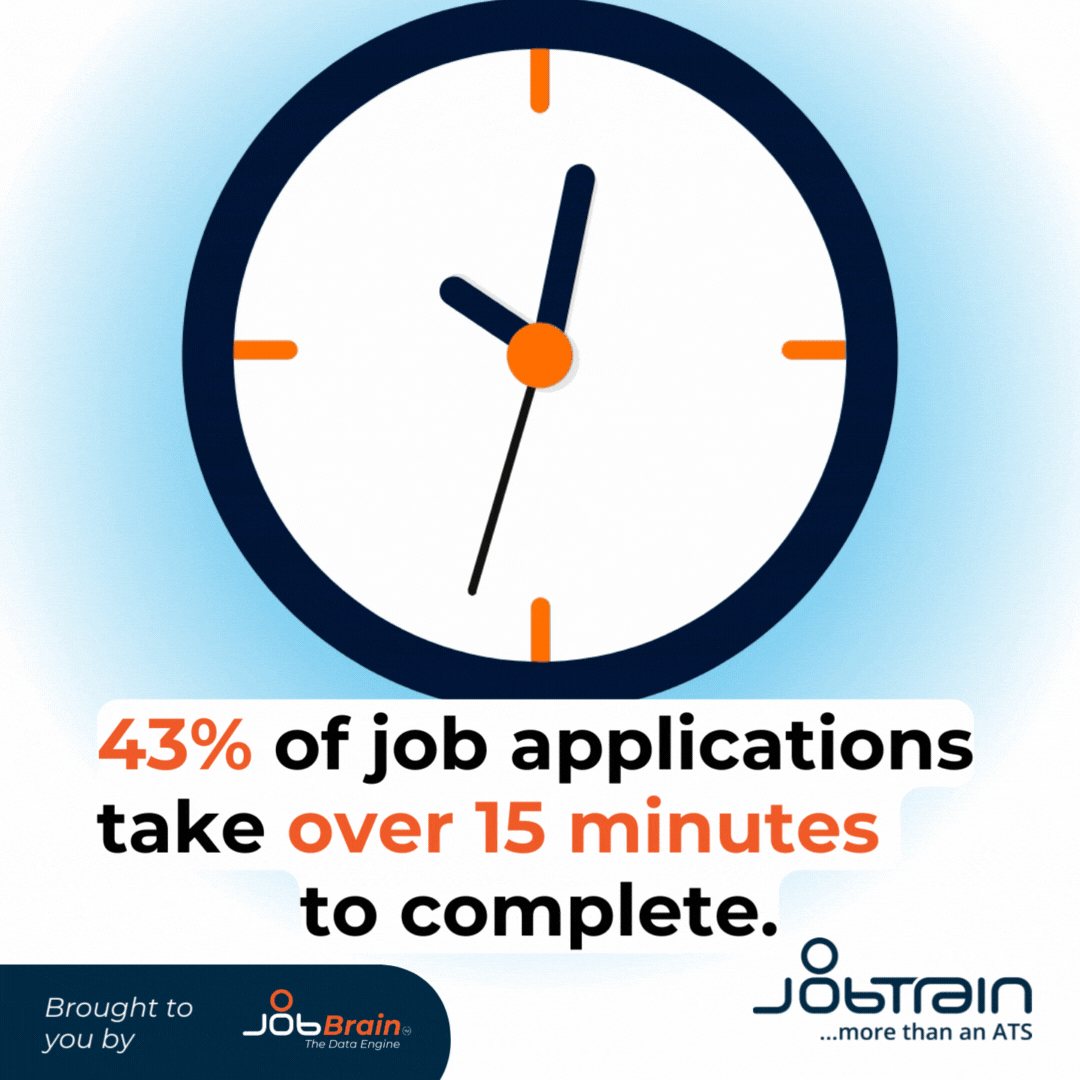In our increasingly diverse society, the role of Local Government in representing and serving its community is more crucial than ever. Diversity and Inclusion within Local Government are not just buzzwords; they are essential components for effective governance and community engagement. This blog delves into why Diversity and Inclusion is vital in Local Government and how it can be achieved, supported by recent statistics and insights from our experience at Jobtrain.
Reflecting the community: a mirror of diversity
Local Government should be a reflection of the community it serves. A diverse workforce in Local Government brings varied perspectives, enhancing understanding and responsiveness. According to CultureAlly, ethically diverse companies are 35% more likely to have financial returns above their industry medians. This diversity is crucial in all aspects, including race, gender, age, disability, sexual orientation and socio-economic background, ensuring a comprehensive understanding of community needs.

The power of inclusive decision-making
Inclusive decision-making in Local Government leads to policies and services that cater to a broader range of needs, preventing the marginalisation of any group. A paper by Cloverpop shows that organisations with inclusive decision-making processes are 87% better at decision-making. In Local Government, this means policies that are more representative of the entire community, leading to increased satisfaction and trust among constituents.
Challenges to overcome
Achieving Diversity and Inclusion in Local Government is challenging. Unconscious biases in hiring, lack of representation in leadership positions, and systemic barriers are significant hurdles. For instance, a 2022 census by the Local Government Association found that only 39% of councillors in England are women, highlighting the gender imbalance in Local Government leadership.
Our role in promoting diversity
At Jobtrain, we understand the importance of diversity in the public sector. Our applicant tracking system helps Local Governments recruit a diverse workforce by streamlining the recruitment process with features like anonymous shortlisting to remove any risk of unconscious bias. This ensures that all candidates, regardless of their background, have an equal opportunity to be considered.
Leveraging technology for inclusion
Technology, like an applicant tracking system, plays a crucial role in promoting Diversity and Inclusion. By using data analytics and unbiased algorithms, having the right technology in place can help identify and overcome systemic barriers in the recruitment process, ensuring a more diverse and inclusive workforce.
.jpg?width=1200&height=627&name=TI%20(1).jpg) Engaging with the community
Engaging with the community
Community engagement is key to understanding and addressing the needs of diverse groups. Local Governments should actively seek feedback from their constituents, particularly those from underrepresented communities. This engagement can take many forms, from public consultations to participatory budgeting, where community members have a say in how public funds are spent. The Local Government Association has a hub of information on how organisations can improve their Equality and Diversity.
Educating for change
Education and training are vital in fostering a culture of inclusion within Local Government. Regular training sessions on Diversity and Inclusion can help raise awareness among staff and elected officials, ensuring that they are equipped to make decisions that reflect the diverse needs of their community.
.png?width=1500&height=900&name=Post%20(18).png) The road ahead
The road ahead
The journey towards a truly diverse and inclusive Local Government is ongoing. It requires continuous effort, commitment and the willingness to adapt and learn. Through the active promotion of diversity and the cultivation of an inclusive atmosphere, Local Governments are positioned to more effectively meet the needs of their diverse populations. This approach not only ensures fairer representation and service but also paves the way for a community that thrives on equality and shared prosperity."
Conclusion
Diversity and Inclusion in Local Government are not just moral imperatives; they are practical necessities for effective governance in our diverse society. By reflecting the community, ensuring inclusive decision-making, leveraging technology, and engaging with the community, Local Governments can become more responsive, innovative, and trusted by the people they serve. As we continue to advocate for and implement these principles, we move closer to a society where everyone feels represented and valued.